Last updated on May 3rd, 2023 at 04:18 pm
Healthy fats and oils cause confusion when switching from highly processed vegetable oils for cooking and baking.
It is very important to understand that not all fats and oils are created equally. The overconsumption of processed vegetable oils will eventually cause calcification in the arteries, leading to higher levels of not-so-optimal cholesterol, high blood pressure, and heart disease, and can even contribute to diabetes.
Let us choose to be wise when picking and choosing our healthy cooking oils and fats.
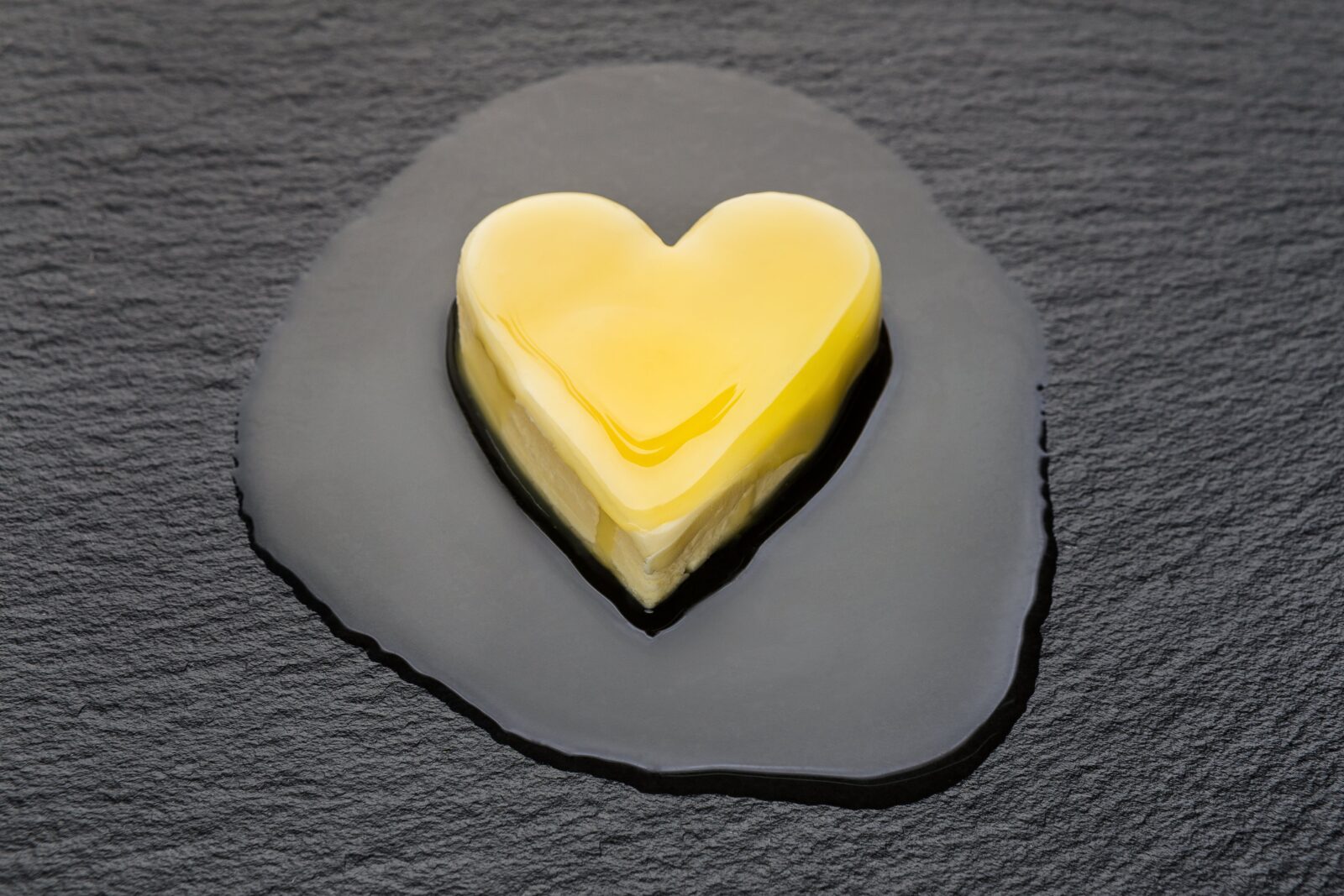
It is interesting to note that using healthy fats and oils will give so much flavor to baked goods and dishes. It also aids in satiety, which means you will feel fuller for longer. Additionally, our energy levels will also stay stable throughout the day.
Healthy fats play numerous roles in the body, including;
- provides a source of energy
- acts as building blocks for cell membranes and hormones
- aids in absorbing fat-soluble vitamins: A, D, E, and K.
- allows for the proper use of proteins
- serves as a protective lining for the organs of the body
- helps regulate energy absorption by slowing the absorption of food
- increase satiety
- makes food taste good
Furthermore, it is also good to know that all healthy fats and oils combine saturated, monounsaturated, and polyunsaturated fatty acids in various degrees.
When applicable, I recommend consuming healthy fats and oils from organic, grass-fed, or pastured sources.
Healthy fats and oils in a real food kitchen:
Ghee
Ghee is by far my favorite fat to use. It is so versatile, with a light buttery flavor. Moreover, it is fantastic for cooking at high temperatures because it has a high smoking point, withstanding oxidizing or smoking. Ghee is pure butter oil with the milk solids removed. You can make your own ghee here.
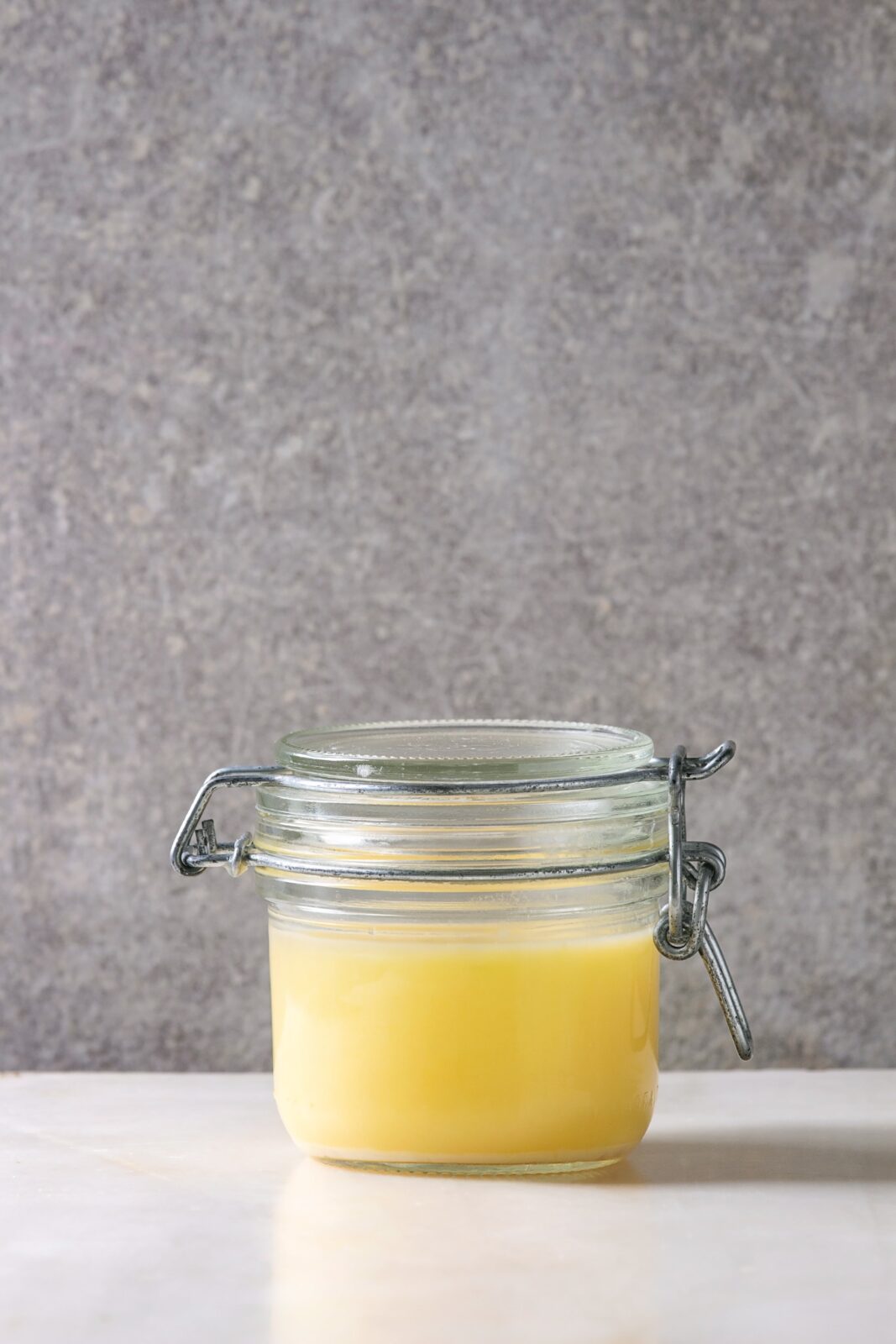
Duck fat
Duck fat is another one of my favorite choices. It pairs very well with root vegetables and cooks fantastic at higher heat. Also, you are seriously missing out if you haven’t made homemade duck fat fries yet.
Butter
Butter is my go-to for baking, spreading, and sometimes eating by the spoonful. Grass-fed butter contains many beneficial nutrients supporting thyroid health, the entire endocrine and digestive systems, healthy cholesterol levels, and healthy hormone production. My favorite part of butter? The body rarely stores it as fat!
Lard
Lard is fat rendered from pigs. It is wonderful for roasting and frying. Moreover, it is a rich source of conjugated linoleic acid (CLA.)
Tallow
Tallow is fat rendered from cows, another great choice for roasting or frying. Additionally, tallow from pastured cows is anti-inflammatory and rich in omega-3 fatty acids and CLA.
Coconut Oil
Coconut oil is rich in saturated fat, filled with antimicrobial and antiviral properties. I love using coconut oil in some desserts and Asian-inspired cooking.
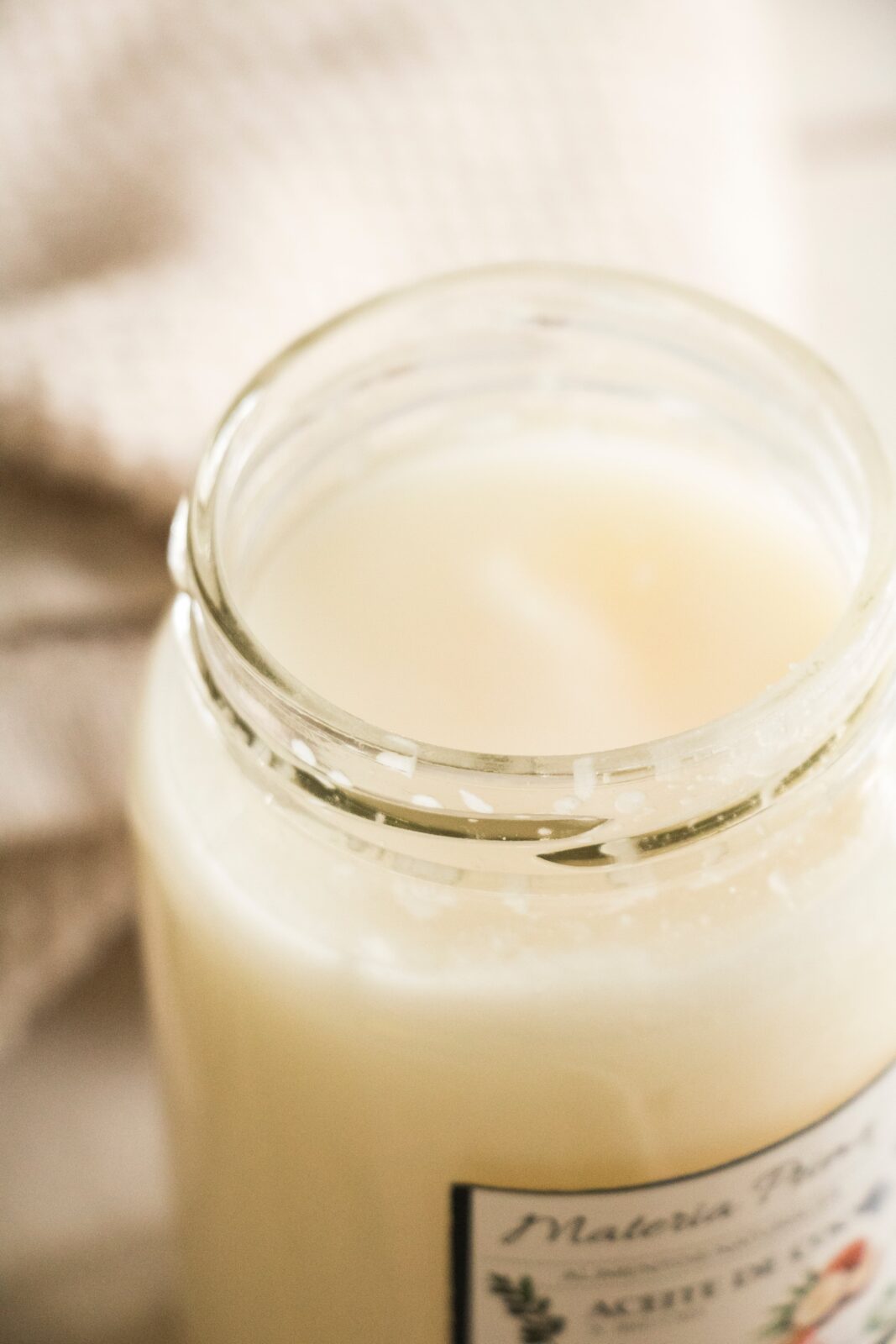
More healthy options:
Chicken Fat
Chicken fat is another great source of high-heat cooking.
Palm Shortening
Palm shortening (when coming from a sustainable source) is another great option for baking.
Avocado Oil
Cold-pressed avocado oil is best used in salad dressings and very light cooking.
Flax Seed Oil
Flaxseed oil should never be heated and always be consumed raw and cold. Use it in minimal quantities because the body absorbs it very slowly. If you must use it, use it very sparingly.
Nut Oil
Walnut, macadamia, and almond oils should be eaten raw. Again, if you must use it, use it very sparingly.
Olive Oil
The body best uses olive oil in a raw form because of its high percentage of oleic acid. I only use olive oil raw in pestos, dips, salad dressings, and hummus.
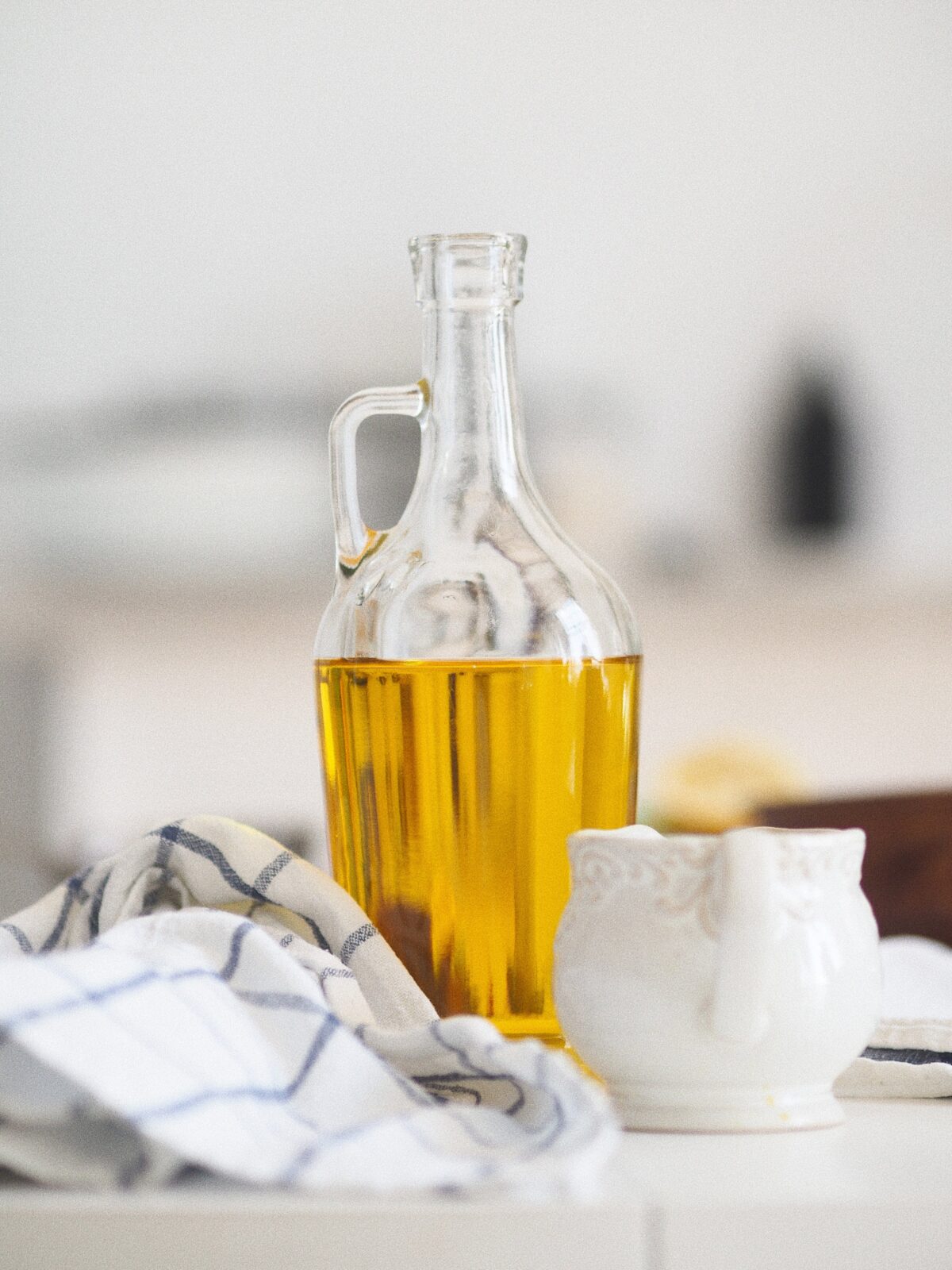
Fats and oils to avoid completely:
- rapeseed oil (aka canola oil)
- cottonseed oil
- soybean oil
- margarine
- any processed vegetable oil
These industrial oils must be heated to extremely high temperatures a minimum of five times before being bottled. They are known to create havoc on the body. I think it is best to avoid them completely, as nothing is nutritious about them.
Incorporating healthy fats and oils into your diet is the single most important first step you can make, to improve health and wellness.
More to read: The Ultimate Guide to Healthy Fats for Cooking & Baking & Dietary Fats: The Good, The Bad, and Everything In Between
Disclaimer: This post is not intended to provide medical advice, diagnosis, or treatment and is for educational purposes only.
For pantry staples at discounted prices, check out Thrive Market and save 40% off your first order!
*****
For quality pantry staples and pastured raised meats in bulk, check out Azure Standard!
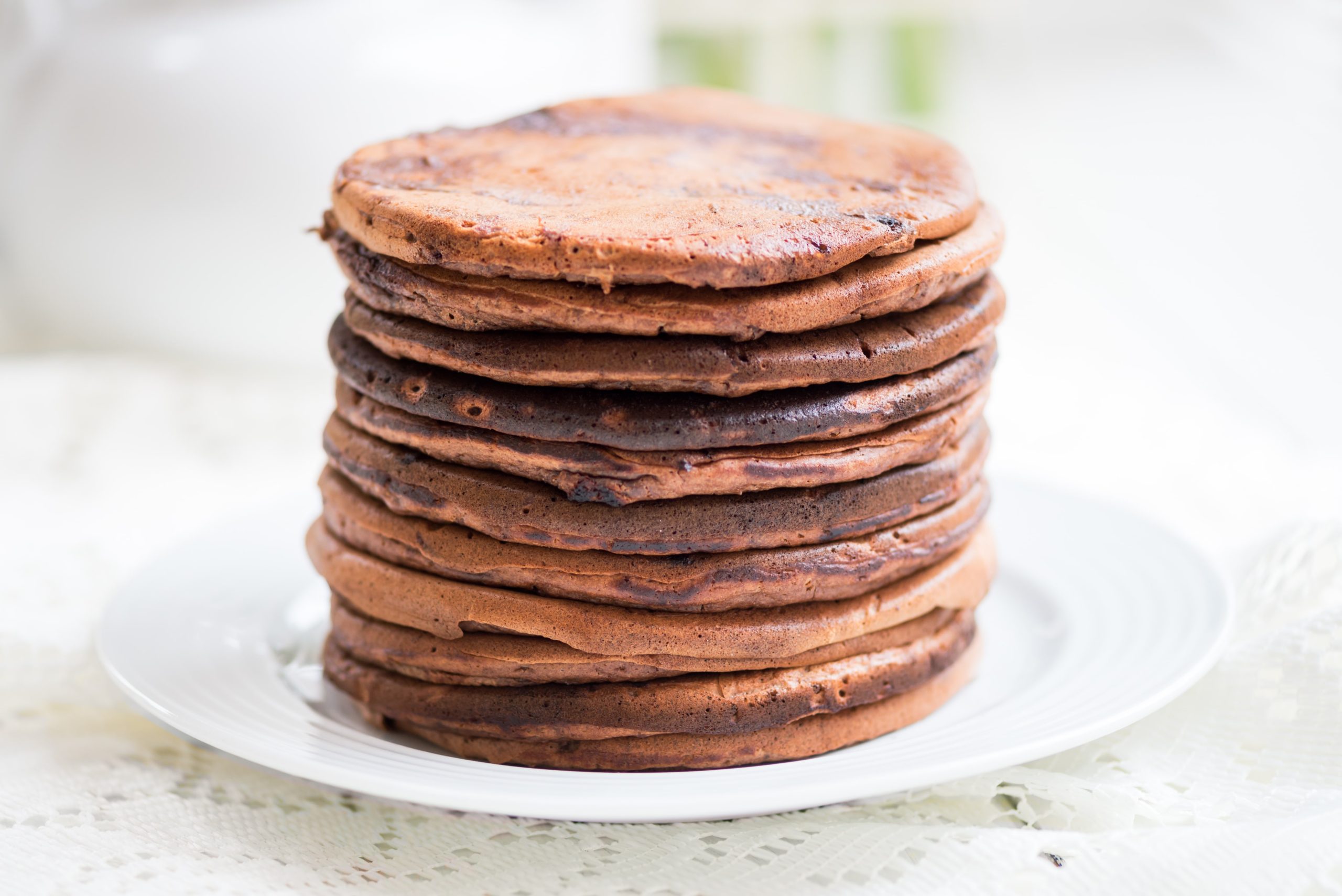
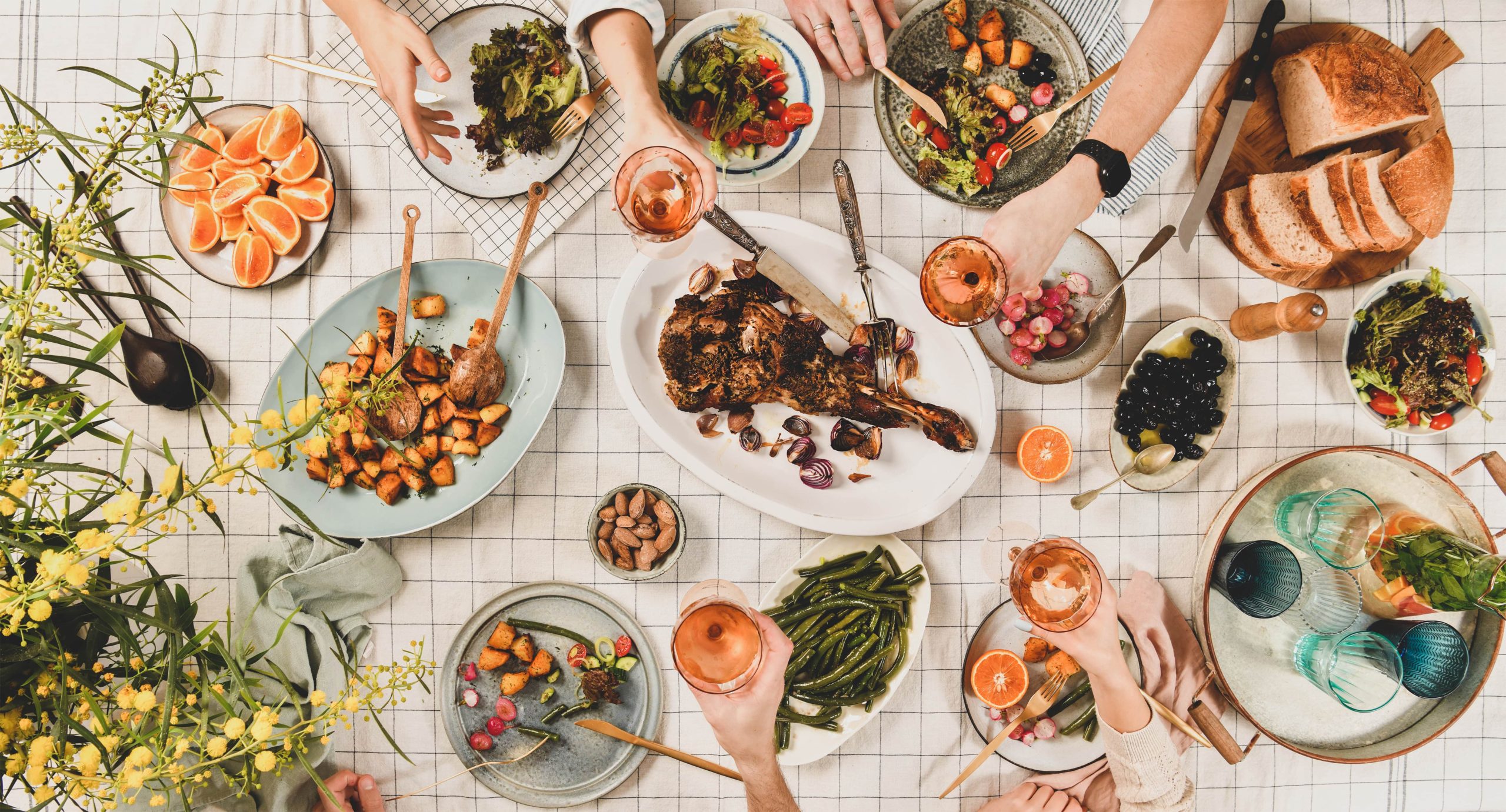
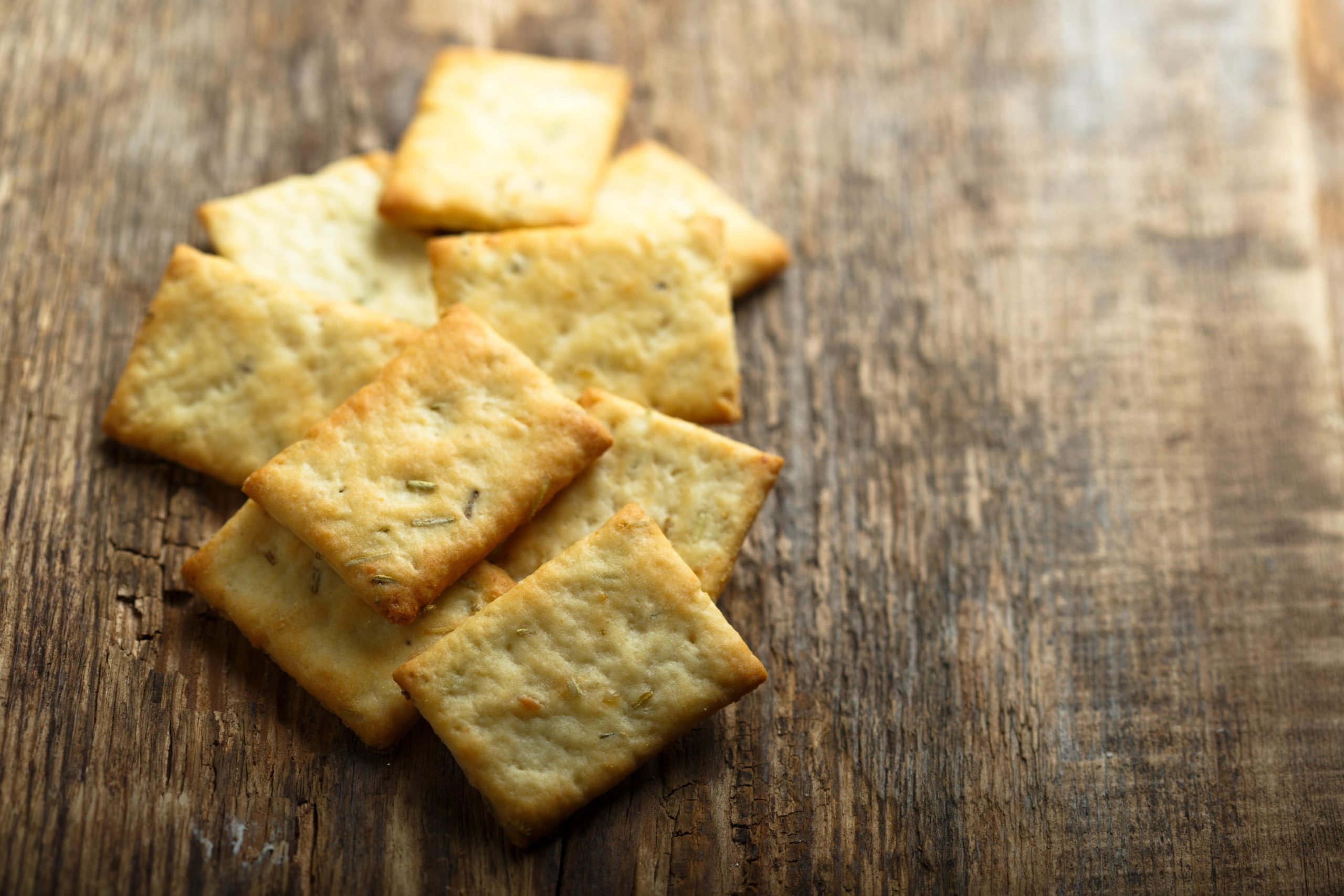
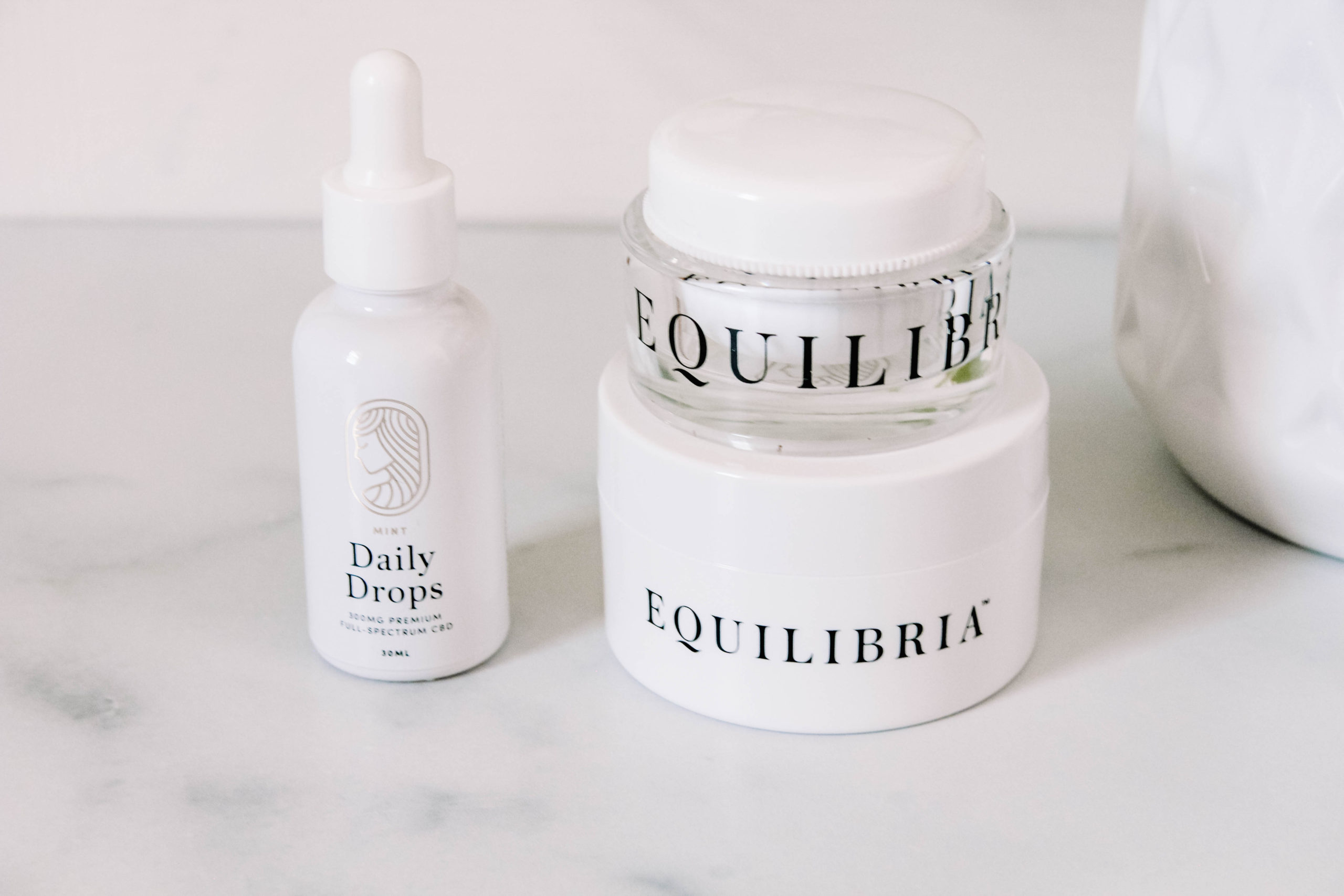
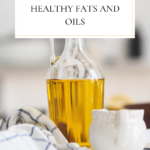
+ view comments